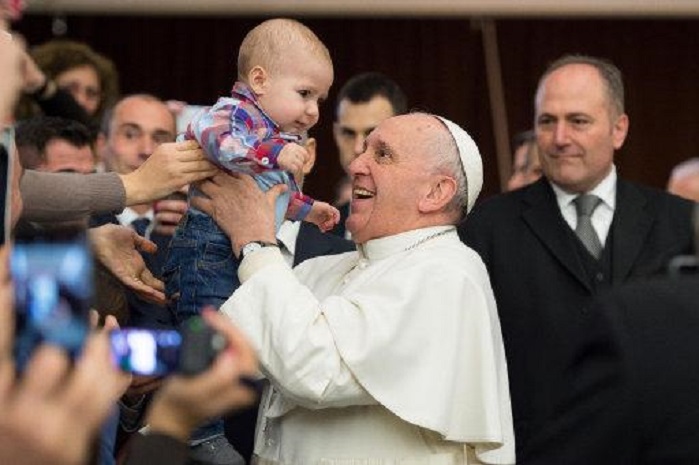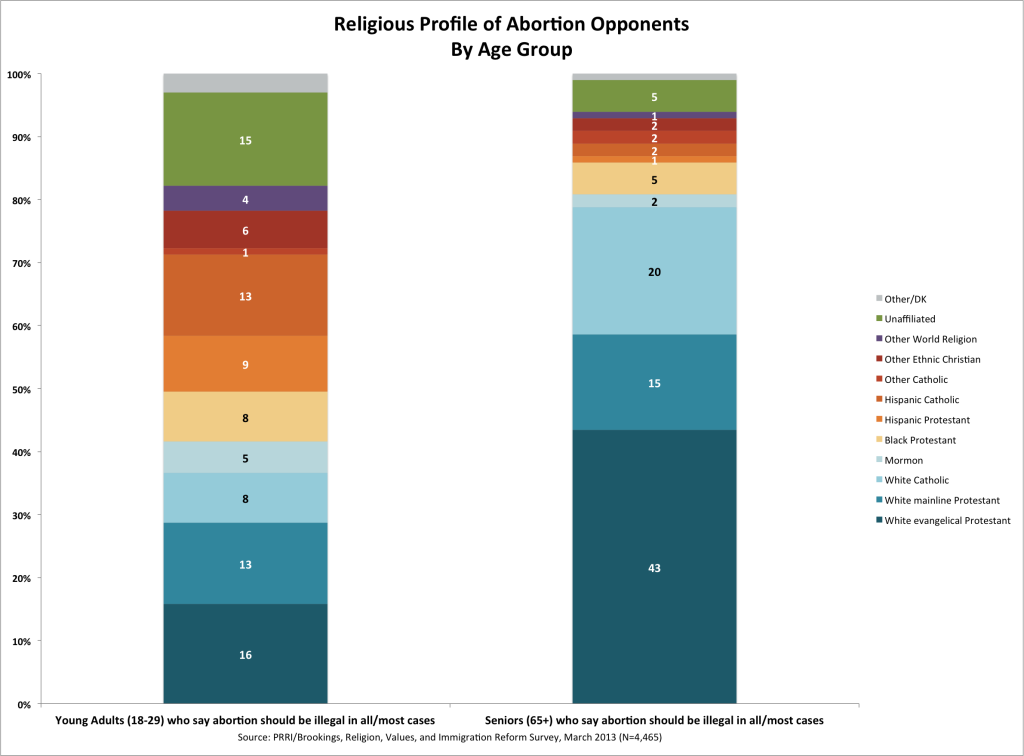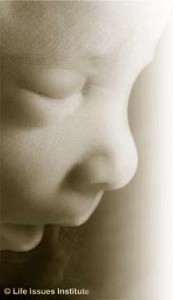By Maria Gallagher, Legislative Director
gallagher@paprolife.org
I firmly believe that abortion is a civil rights issue–in fact, the most critical civil rights issue of our time. People of many different faiths–or no religious faith at all–can come to the conclusion that human life needs to be cherished and protected, no matter what the individual’s age or stage of development.
 That said, faith leaders do play an influential and essential role in helping their congregations understand the importance of respecting life throughout its beautiful spectrum.
That said, faith leaders do play an influential and essential role in helping their congregations understand the importance of respecting life throughout its beautiful spectrum.
So it is newsworthy when the most Googled faith leader alive says something on the issue of abortion.
Pope Francis’ latest encyclical, Laudato Si’, is about the environment. Yet some pundits were surprised to see that it contains a pointed reference to abortion. The encyclical states:
“Since everything is interrelated, concern for the protection of nature is also incompatible with the justification of abortion. How can we genuinely teach the importance of concern for other vulnerable beings, however troublesome or inconvenient they may be, if we fail to protect a human embryo, even when its presence is uncomfortable and creates difficulties? If personal and social sensitivity towards the acceptance of the new life is lost, then other forms of acceptance that are valuable for society also wither away.”
Pope Francis is sending a clear message–you can’t use your concern about the health of the environment to justify the killing of unborn children. It is especially significant because the Pope’s intended audience here is not just people who attend Catholic church on Sundays–but all people throughout the world.
The pontiff also talks about human life being a gift. Such a concept used to be a given in our society. However, with the push toward aborting babies who have disabilities, there is increasingly an effort to deny this fundamental fact of life.
But this is hardly the first time Pope Francis has spoken out about abortion. Before he became the leader of the Catholic Church, he once stated, “Defend the unborn against abortion even if they persecute you, calumniate you, set traps for you, take you to court or kill you.”
These are not the words of a man ambivalent about abortion. They are the thoughts of an individual who sees children as the world’s greatest resource–and knows the devastation caused by our modern throwaway culture. And it’s a message that’s not meant for people of one particular faith, but for all people of good will.




